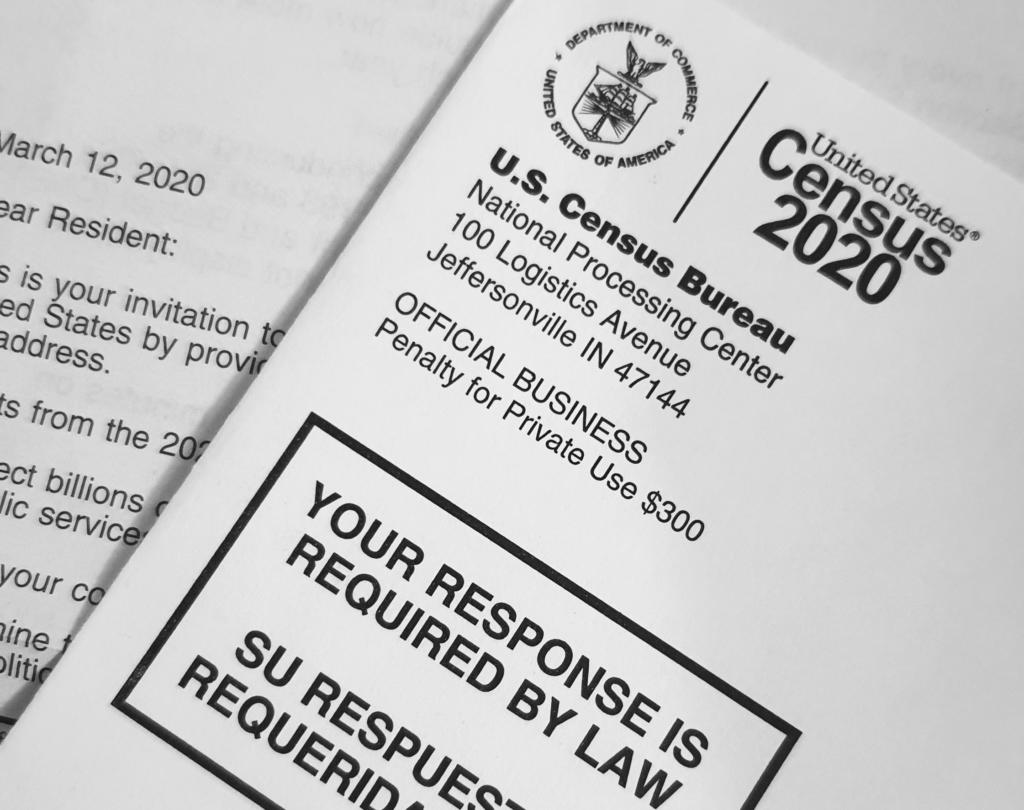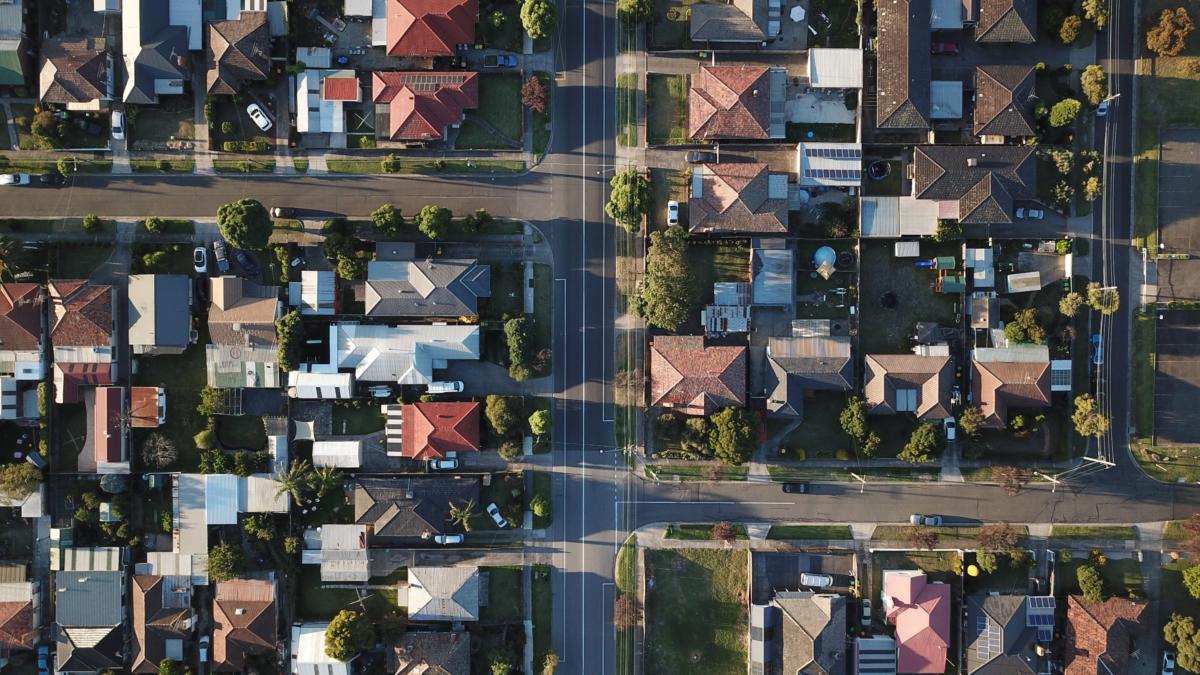For Ynez Rivera, the paperwork and the flyers from the census bureau have sat on her dining room table for over a month.
Filed among a stack of magazines, bills and other mailings, doing her part to fill out the 2020 census just isn’t a priority. She’ll be the first to admit it’s in large part because she doesn’t know what to expect.
“I don’t need immigration knocking on my door asking me questions about who I am and where I come from,” said Rivera, who emigrated to America and moved to Camden from Mexico nine years ago and said she’s actively taking the steps to earn dual citizenship. Currently, Rivera lives with her sister Lissette as she, working as a server at a restaurant in nearby Cherry Hill can’t afford quite yet to lose the good graces of staying in her sister’s home.
“I don’t want to bring trouble for my sister and it’s her house. I came on a Visa, and I’m doing what I need to do to keep staying here permanently, but until then I just don’t want any trouble.”
Coincidentally, Rivera’s reticence in completing the Census echoes the sentiment of scores of other people of color living in historically marginalized communities throughout New Jersey, like Camden. Compound that with recent remarks from President Donald Trump on who qualifies as a “citizen” in addition to lobbying Congress to place a citizenship origin question on the census, for states desperate to prove the count is worth it, it has been an uphill battle.
“Historically people of color are just not completing the Census and the response rates, particularly in that category, are still very low,” said Lisa Moore, the assistant regional Census Manager, working out of a New York field office, that makes a concerted push throughout the Eastern part of the United States. “A big part of it from what we’re seeing is that there’s a real fear of government for people.”
Even with that said, Moore did note that many counties in New Jersey are aiding in the state being able to boast one of the highest counts in the nation. Metrics from independent data website Censushardtocountmaps2020 solidify Moore’s claim as the Garden State has a 65% self-response rate at the time of this report. In Camden County, where Rivera resides, the self-response rate is one of the highest in the state at 66.5%, according to Census data.

On Tuesday, Aug. 11, New Jersey will dispatch its first round of Census 2020 enumerators, which are people that will go door-to-door to the homes that are not self-reported. They have a Herculean task of attempting to count not just the undercounted but people like Rivera, who honestly would rather opt-out.
“Historically people of color are just not completing the Census and the response rates, particularly in that category, are still very low … “A big part of it from what we’re seeing is that there’s a real fear of government for people.”
– Lisa Moore, assistant regional census manager, U.S. Census Bureau
The facts still remain the same, each person counted allots funding over the next 10 years for states to improve a variety of social services and infrastructure. A correct count specifically in marginalized communities can lead to additional dollars in the tens to hundreds of millions from the federal government to individual states for the funding of better schools, hospitals and roads. Perhaps most importantly, it can aid in the remapping of district lines, which could lead to additional government officials advocating for real change in the areas of the state that could desperately benefit.
“If they told us how this gets counted and what happens with my information,” said Rivera, who admitted she hasn’t done much research into what the Census is all about. If she did, some of the following would shed light on those concerns:

Names are optional on Census applications
Because a Census count merely looks at the number of people in a home and not who’s actually living in it, names aren’t a requisite on census forms. In fact, according to Moore, only humans in the data office who corral self-reported forms or physically take data from enumerators know names, but once data is entered, it’s encrypted and doesn’t contain names, but raw data officials use it to make determinations.
Immigration will not show up at your home because of the census
Because names aren’t collected, no official from a local to federal level know the identity of a census taker, the number of people in a particular home or their nationality. That is all the more the case once the data is encrypted.
Enumerators can’t give anyone your information
The people that will canvas New Jersey over the next few weeks all undergo training and take an oath for life to not share any information to officials who may ask except for people entering data for review. If an enumerator did and were caught it would be a bad day, considering leaking census information coincides with a $250,000 fine and up to 10 years in prison.
The census will never ask you for your bank account, social security information, political status or any other information deemed personal
In fact, if you’re asked or approached by any of the above you’re most likely in a fraud situation, one official at the Census urges you to report it at Census.gov or by calling 844-330-2020. Also, census takers will never call you. So if you get a call, hang up. Additionally, to ensure your safety, if you don’t feel comfortable giving your information to an enumerator, the census bureau will take self-reported data through Sept. 20. Data only one person per household can fill out by logging onto my2020census.gov/
“I want to help but it’s a scary world with everything going on right now and it’s hard to know what to trust,” said Rivera. “I think if they made more of an effort to tell people that information and correct what is coming from [President Trump] more people like me would do this, who doesn’t want to make a difference where they live? They just need to know they’re doing it a way that won’t end up hurting their own future.”
This story was part of the “2020 Census: New Jersey Media Counts,” an initiative of the Center for Cooperative Media at Montclair State University.





